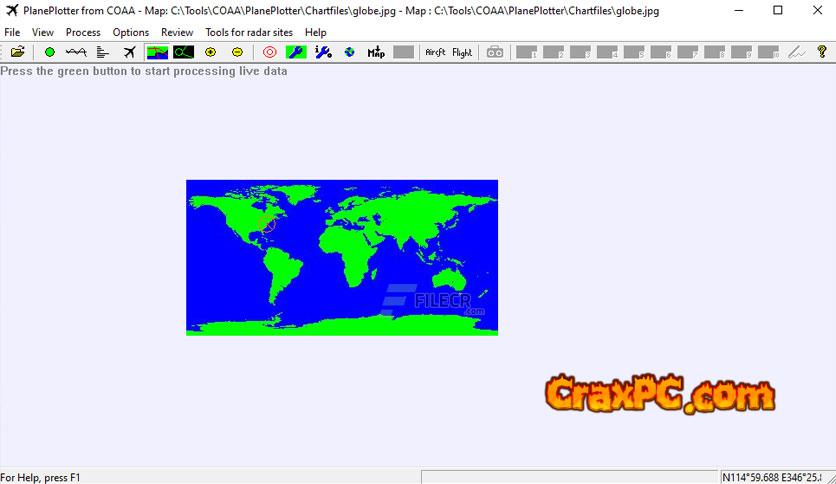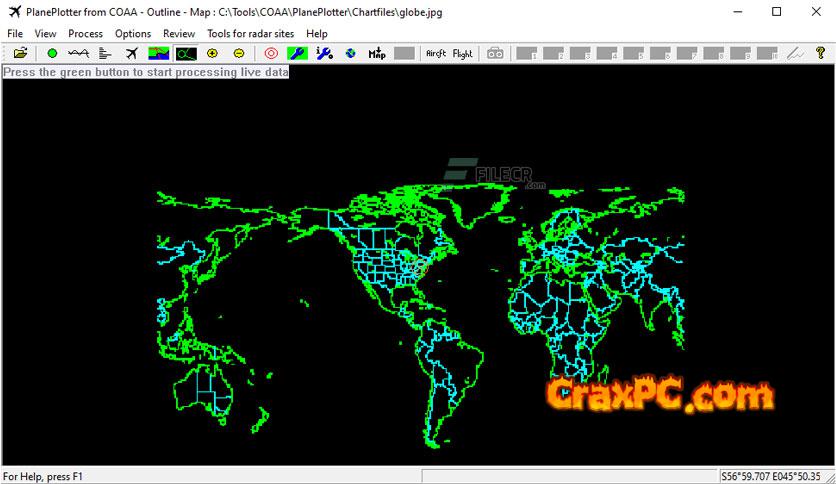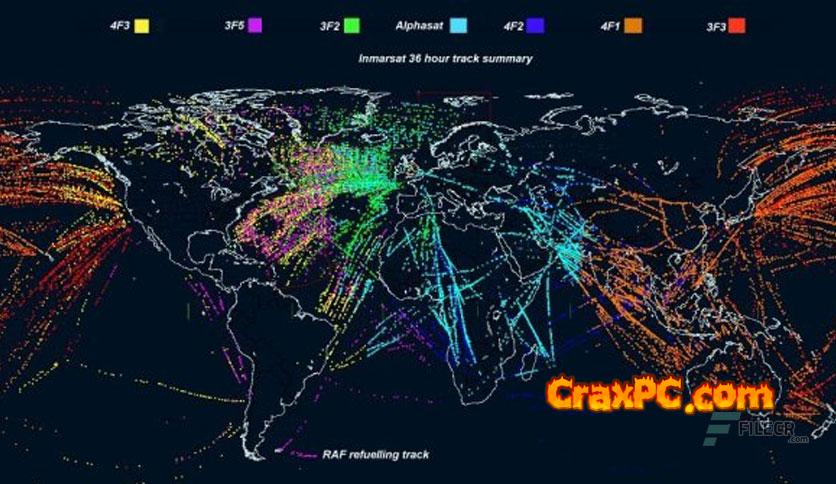COAA PlanePlotter complete version standalone offline installer for Windows is available for free download. It plots live digital position reports from aircraft that it decodes and receives onto a chart.
A Synopsis of the COAA PlanePlotter
You can view a radar-like display of all the aircraft in your vicinity that are transmitting the appropriate digital messages, such as ACARS, ADS-B, and HFDL, using this program. It can establish an interface with Google Earth in order to superimpose aircraft positions onto the Google Earth base map when Mode-S ADS-B position reports are received.
When the flight deck is designated, it can also provide a dynamic, real-time view of the aircraft. Additionally, the device is capable of detecting and exhibiting the orientation of any transmitted signal by means of a basic passive antenna switch. It permits the location of aircraft regardless of whether they are fitted with ACARS or Mode-S/ADS-B.
The chart exhibit
It generates graphs of aircraft times, locations, and altitudes based on decoded message traffic. The aforementioned comprise embedded position reports, ADS and AMDAR reports integrated within ACARS messages, ADS-B position reports obtained by the Kinetic SBS1 or AirNav System RadarBox Mode-S receivers, and HF position reports generated by the PC-HFDL software developed by Charles Brain.
You can superimpose the plot onto a pre-prepared aeronautical chart, or it can acquire satellite imagery and generate a plot of the aircraft symbols. In situations where altitude information is accessible (such as in Mode-S messages), one can differentiate between low-level and high-level traffic by selecting the data by altitude band.
Characteristics of COAA PlanePlotter
John Locker graciously furnished the animated screenshot (left) sourced from PlanePlotter.
Presents a table containing a list of decoded and received communications from live aircraft transmissions.
Data preservation: It decodes and archives every piece of digital data it receives in a log file.
Google Earth hosting
Determining directions
Specifications Technical and System Requirements
Windows 10, Windows 8.1, and Windows 7 are supported operating systems.
RAM (Memory): 2 GB; however, 4 GB is advised.
Free space on the hard drive: 200 MB or more





